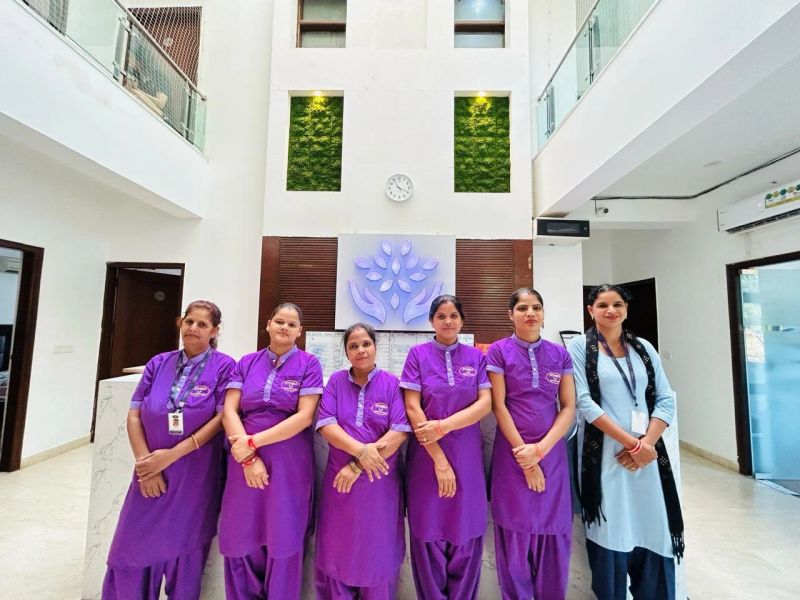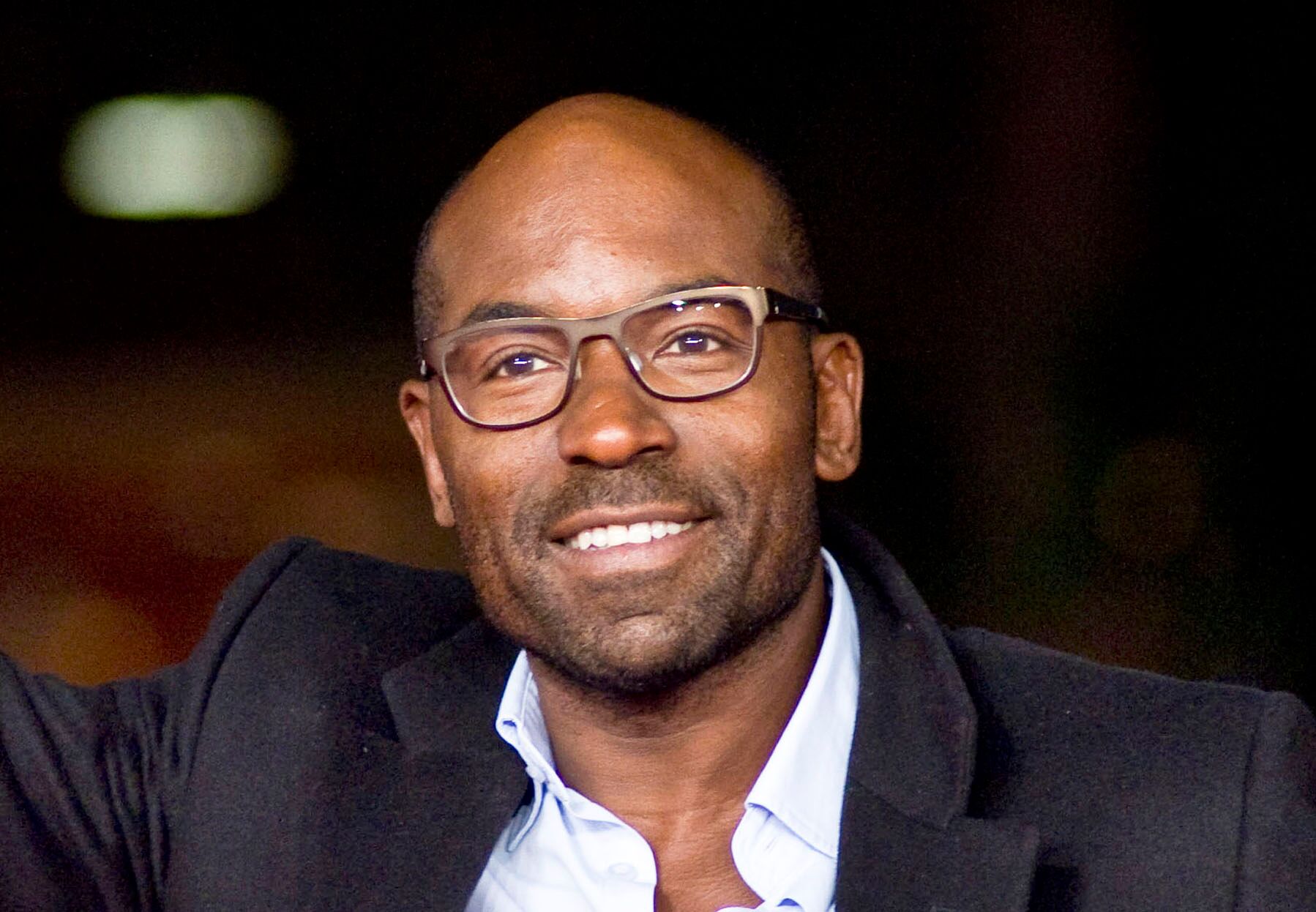The Crucial Role Of Mental Health Awareness: Insights From Dr. Shradha Malik

Table of Contents
The Rising Prevalence of Mental Health Issues and the Need for Awareness
The global statistics paint a concerning picture. Anxiety and depression, once considered niche concerns, are now widespread, affecting millions worldwide. The World Health Organization (WHO) reports [cite WHO statistics here] a staggering number of individuals battling these and other mental health conditions, highlighting the urgent need for increased mental health awareness. Beyond the raw numbers, a significant challenge is the persistent stigma surrounding mental illness. This stigma prevents many from seeking help, delaying treatment and exacerbating the impact on their lives and those around them.
- Statistics on specific mental health conditions: The WHO estimates [insert specific statistic on depression prevalence], and [insert statistic on anxiety prevalence]. These numbers represent a significant portion of the global population.
- Examples of societal stigma related to mental illness: Individuals facing mental health challenges often encounter prejudice, discrimination, and misunderstanding from family, friends, and even healthcare professionals. This can manifest as shame, isolation, and fear of judgment.
- Consequences of delayed or absent treatment: Untreated mental health issues can lead to a range of negative consequences, including decreased quality of life, relationship difficulties, substance abuse, and even suicide. Early intervention is crucial to mitigating these risks.
Dr. Shradha Malik's Perspective on Effective Mental Health Strategies
Dr. Shradha Malik, [briefly describe Dr. Malik's credentials and area of expertise], offers a compelling perspective on effective mental health strategies. Her approach emphasizes a holistic view of mental wellbeing, integrating various therapeutic techniques and preventative measures. Dr. Malik strongly advocates for early intervention, recognizing its critical role in preventing the escalation of mild symptoms into more severe conditions. She emphasizes the importance of personalized treatment plans, tailoring interventions to the specific needs and preferences of each individual.
- Summary of Dr. Malik's key interventions or research: [Describe her key work, research focus, or specific therapeutic approaches].
- Specific examples of her successful strategies: [Provide specific examples of successful cases or interventions led by Dr. Malik].
- Details about her approach to different mental health conditions: [Describe her approaches to anxiety, depression, or other specific mental health challenges]. "My approach focuses on empowering individuals to take control of their mental health," Dr. Malik states, "by providing them with the tools and knowledge to navigate their challenges."
The Importance of Early Intervention and Prevention in Mental Health
Early intervention in mental health is paramount. Identifying and addressing mental health issues early on can significantly improve outcomes and prevent the development of more serious conditions. Preventative measures, such as promoting healthy lifestyles, building strong social support networks, and educating individuals about mental health, play a critical role in reducing the burden of mental illness.
- Examples of early warning signs of mental health problems: Changes in sleep patterns, persistent sadness, loss of interest in activities, irritability, and significant changes in behavior or social interaction can be early warning signs.
- Description of various early intervention programs: [Mention specific examples of early intervention programs, such as school-based mental health initiatives or community outreach programs].
- List of available resources and support networks (hotlines, helplines, online resources): [Provide a list of relevant resources, including crisis hotlines, mental health helplines, and reputable online resources].
Promoting Mental Health Awareness through Education and Advocacy
Effective mental health awareness requires a multifaceted approach. Education plays a crucial role in dismantling stigma and fostering understanding. By incorporating mental health education into schools, workplaces, and community settings, we can empower individuals with the knowledge and skills to recognize, understand, and address mental health concerns. Advocacy groups and mental health organizations play a vital role in raising awareness through campaigns, public education initiatives, and policy advocacy.
- Specific examples of educational programs: [Mention examples of successful educational programs, such as workplace wellness programs or community awareness workshops].
- Description of the roles of key advocacy organizations: [Highlight the work of key mental health organizations and their role in promoting awareness and providing support].
- Success stories of mental health awareness campaigns: [Provide examples of successful campaigns that have raised awareness and reduced stigma].
Conclusion: The Continuing Importance of Mental Health Awareness
Dr. Shradha Malik's insights underscore the critical importance of prioritizing mental health awareness. By addressing the rising prevalence of mental health issues, promoting early intervention, and fostering a supportive and understanding environment, we can significantly improve the mental wellbeing of individuals and communities. Prioritize your mental health and spread mental health awareness in your community. Learn more about mental health awareness and help break the stigma. Let's work together to create a world where seeking help for mental health concerns is as natural as seeking help for physical health.

Featured Posts
-
 Maines First Post Election Audit Pilot Program A Comprehensive Overview
May 02, 2025
Maines First Post Election Audit Pilot Program A Comprehensive Overview
May 02, 2025 -
 Finding All Fortnite Teenage Mutant Ninja Turtles Skins
May 02, 2025
Finding All Fortnite Teenage Mutant Ninja Turtles Skins
May 02, 2025 -
 Exploring The Lives Of Rarely Observed Seabirds A Te Ipukarea Society Focus
May 02, 2025
Exploring The Lives Of Rarely Observed Seabirds A Te Ipukarea Society Focus
May 02, 2025 -
 Exploring The Expanded Classic Game Library On Play Station Portal Via Cloud Streaming
May 02, 2025
Exploring The Expanded Classic Game Library On Play Station Portal Via Cloud Streaming
May 02, 2025 -
 Xrp Commodity Classification On The Horizon Ripple Settlement Talks Heat Up
May 02, 2025
Xrp Commodity Classification On The Horizon Ripple Settlement Talks Heat Up
May 02, 2025
Latest Posts
-
 Joseph Tf 1 Que Vaut Cette Nouvelle Serie Policiere
May 03, 2025
Joseph Tf 1 Que Vaut Cette Nouvelle Serie Policiere
May 03, 2025 -
 Serie Joseph Tf 1 Lucien Jean Baptiste Dans Un Role Inattendu
May 03, 2025
Serie Joseph Tf 1 Lucien Jean Baptiste Dans Un Role Inattendu
May 03, 2025 -
 Lucien Jean Baptiste Dans Joseph La Nouvelle Serie Policiere Vaut Elle Le Detour
May 03, 2025
Lucien Jean Baptiste Dans Joseph La Nouvelle Serie Policiere Vaut Elle Le Detour
May 03, 2025 -
 Joseph Sur Tf 1 Un Columbo A La Francaise Notre Avis
May 03, 2025
Joseph Sur Tf 1 Un Columbo A La Francaise Notre Avis
May 03, 2025 -
 Les Tuche 5 A Qui Le Film Rend Il Hommage
May 03, 2025
Les Tuche 5 A Qui Le Film Rend Il Hommage
May 03, 2025
